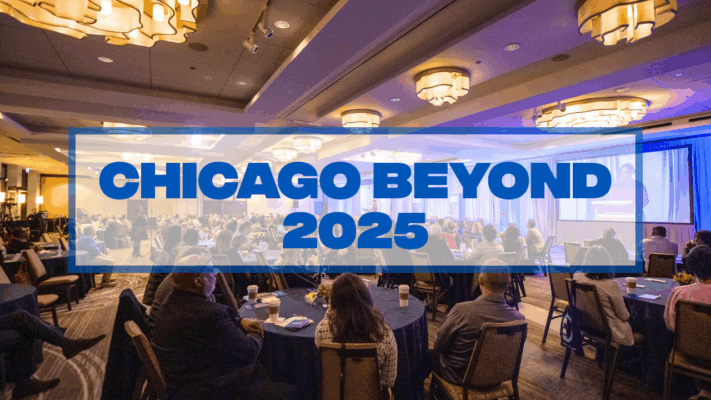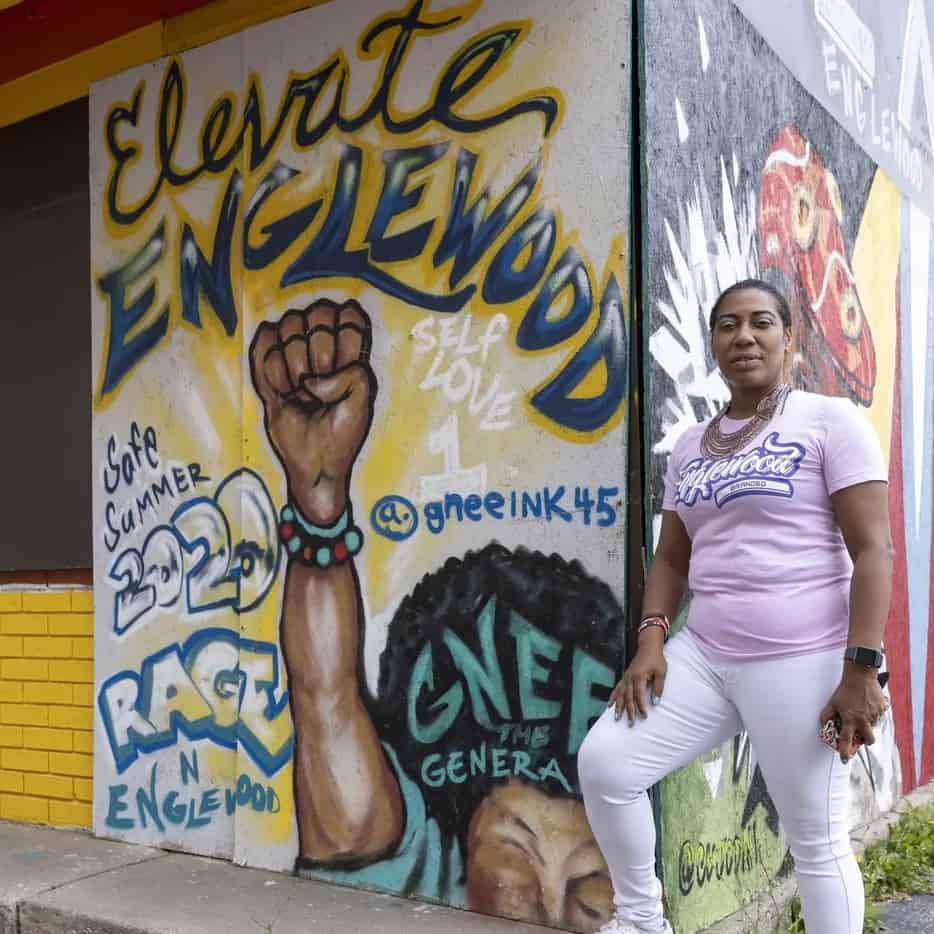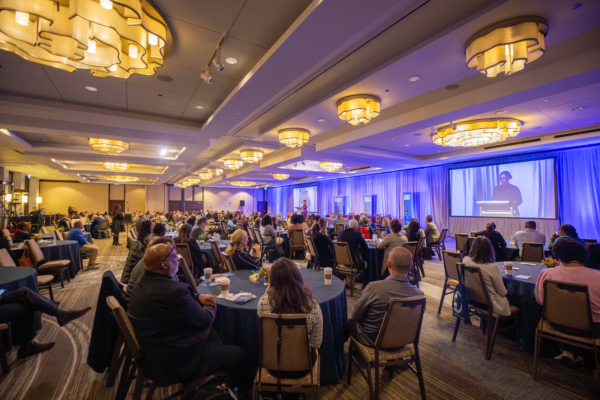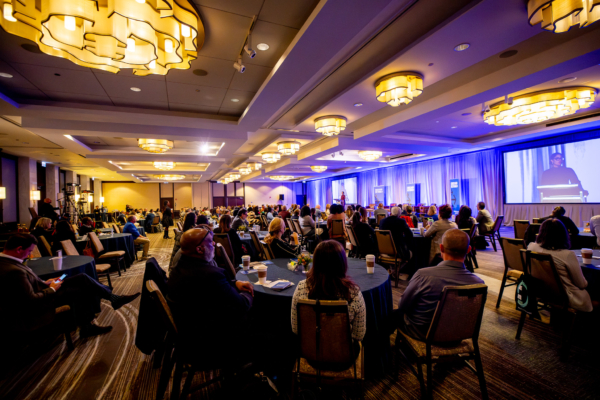
December 19, 2025
Chicago Beyond 2025 Recap
2025: Proximity Leads From health to justice, Chicago Beyond invests in people closest to the issues and driving change all across the country. This year,
Read More
This article was published on Chicago Sun-Times on June 24, 2021. By Manny Ramos.
In the past five years, Pastor Donovan Price has been evicted from six homes and lost four cars as a consequence of dedicating his life to being what’s called a “street pastor.”
Being a street pastor isn’t lucrative. But that path has led Price to over 1,000 homicide scenes and countless other shootings since he founded his organization, Solutions and Resources in 2016.
“I am a victim advocate, so I arrive at shootings or homicides, and I counsel their family in the wake of the violent event. I take them to the morgue, help them put a vigil together, plan a wake or funeral and I try to stay in their lives well after the tragedy,” Price said. “There are financial issues with this work since I had no funding, besides some small donations, but I am still a citizen and have things like rent to pay — which I sometimes couldn’t.”
On Thursday, the philanthropic group Chicago Beyond announced Price’s organization will receive $1 million over several years to continue his work. He is one of two South Side groups — with more to be announced later — receiving a large investment to help foster “holistic healing” in Black and Brown communities.
“Chicago Beyond is not just helping me financially but there is somebody who I work with almost every day who introduces me to new technology that I may have not known about which can help me improve my work,” Price said.
Chicago Beyond’s “Holistic Healing Fund” will ultimately provide $10 million to community leaders and organizations that prioritize healing in their work. The fund will support groups working to reverse the harm of systemic racism, disinvestment, gun violence and trauma.
Price said he’s never successfully applied for a grant; the application process is daunting, and made especially difficult by spending so much time with grieving people. It’s trauma that he has been forced to absorb and it’s hard to just shut it off in order to fill out an hours-long application.
Liz Dozier, founder and CEO of Chicago Beyond, said the Healing Fund is for people like Price who haven’t received much financial support in the past.
Her organization also wants to remove the paternalistic approach from philanthropy.
“When trying to get some of these grants you have to describe the deficits in your community and then you are competing with other people who are telling the deficits in their community,” Dozier said “It’s like whoever tells the best worst story about their community wins the award.”
After that, she said, the philanthropic group assumes a sort of paternal role, dictating how a group should approach different scenarios. In contrast, “we truly show up as equals in this work,” Dozier said.
“People in those philanthropic rooms need to stop trying to solve Black and Brown people and stop assessing them as a risk. Those doing the work in the community know what is best for the community and we have to trust them.”
Another recipient, the Resident Association of Greater Englewood (R.A.G.E.), focuses on making the community more self-sufficient. It will receive $500,000 from Chicago Beyond for a fund that’s led by residents and will invest in their ideas. Half of that money will also go to further building out the organization.
“Neighbors can talk to R.A.G.E right now and say we have five boarded-up homes on this block and we want to paint the panels,” said Asiaha Butler, co-founder and CEO of R.AG.E. “We might not have had the money to do that, but now we do.”
Butler said the investment also will help the group build the staff they need to thrive and chase the vision she and her neighbors have for Englewood.
“From my experience grants are very programmatic and we are not a programmatic entity,” Butler said. “Whether five people are in a vacant lot after a shooting with a drum circle is still as significant as if 100 people were there.”

December 19, 2025
2025: Proximity Leads From health to justice, Chicago Beyond invests in people closest to the issues and driving change all across the country. This year,
Read More
December 1, 2025
National philanthropic organization Chicago Beyond hosted its second National Justice Convening Oct. 29-30 in Chicago. The gathering aimed to improve safet
Read More
November 7, 2025
At its second National Justice Convening, Chicago Beyond, a national philanthropic organization addressing systemic inequity by backing solutions led by t
Read More